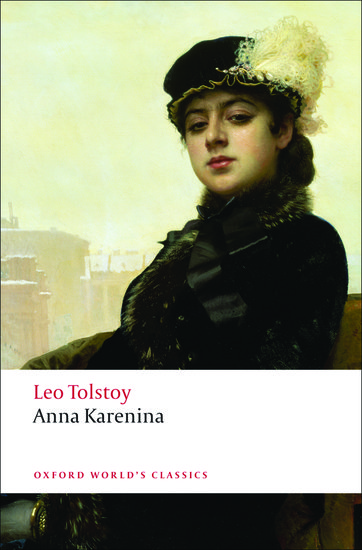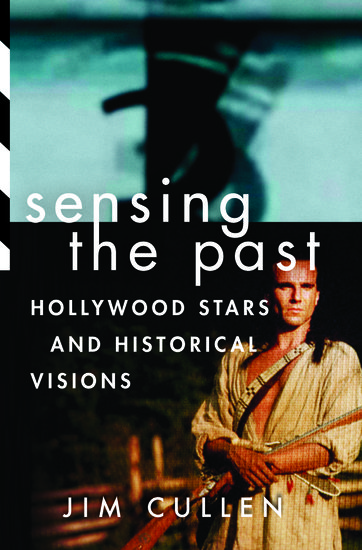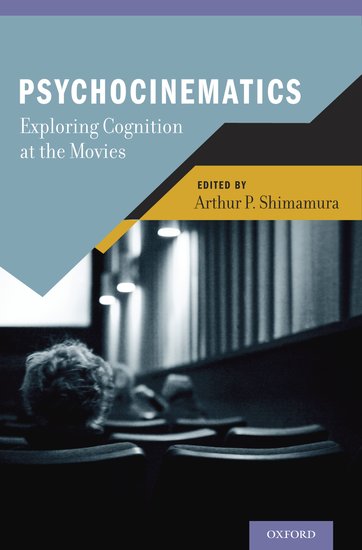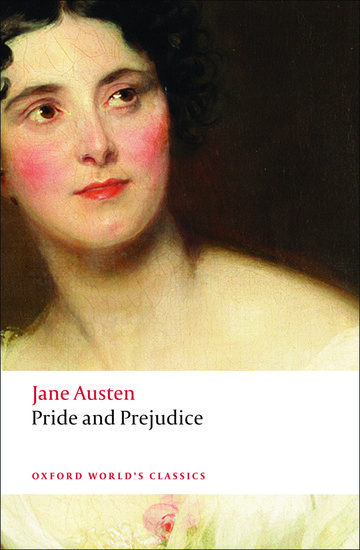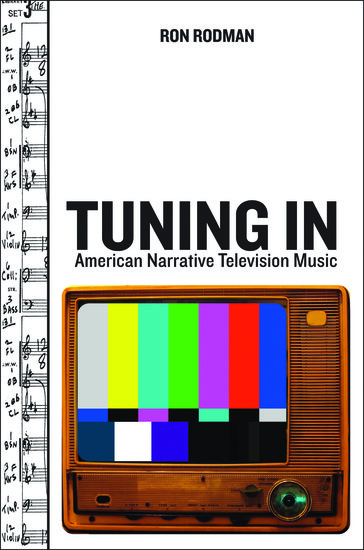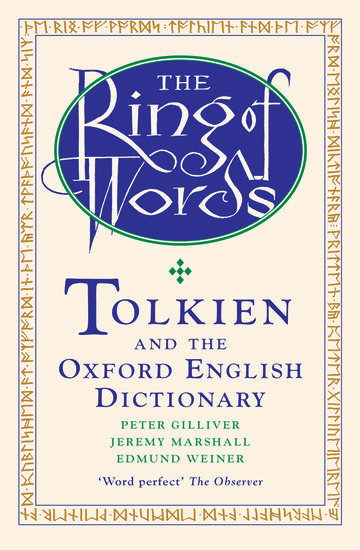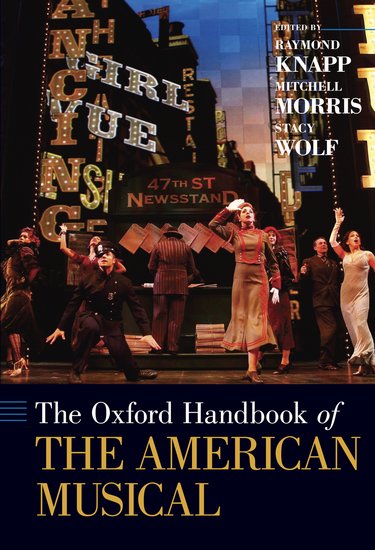Do the Oscars snub films without redemptive messages?
By Elijah Siegler
Last night at the Oscars, the Academy awarded a golden statuette to a film about a flawed hero who we the audience empathize with, who departs their normal life, enters a strange world, but returns triumphantly. Did I just describe Best Picture Winner Argo?


